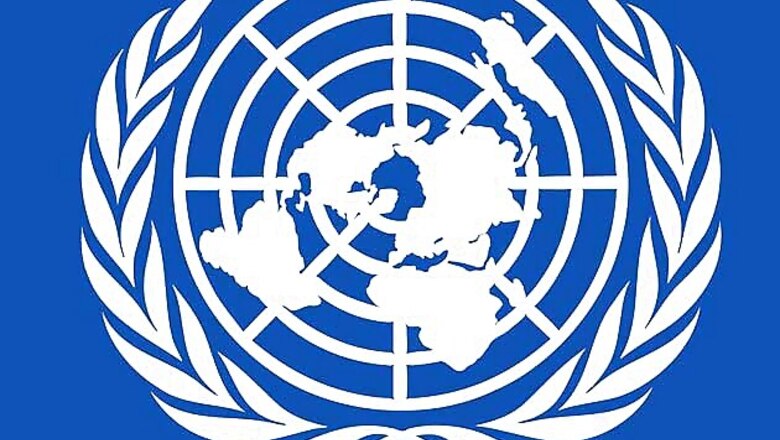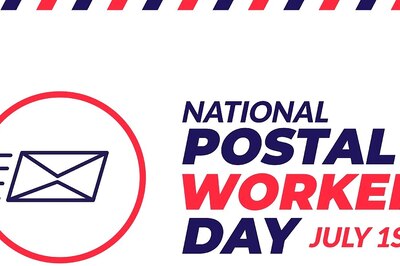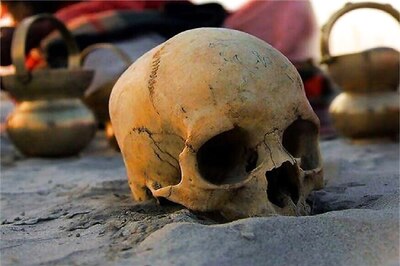
views
India has called for holding terrorists and illegal armed groups accountable for attacks against civilians and UN peacekeepers.
Addressing a special meeting of the 15-membered powerful body of the United Nations during an open debate on "Protection of Civilians in armed conflict", Indian Ambassador the UN Asoke Kumar Mukerji said efforts at peace building should be initiated right at the beginning.
The cause of the armed conflict should be addressed through national reconciliation and inclusive political processes giving all sections of society a stake in peaceful co-existence, he said. "Terrorists and illegal armed groups that often bear the primary responsibility for attacks against civilians should be held accountable for attacks against civilians and UN peacekeepers," Mukerji told the UN Security Council.
"The need to ensure humanitarian access for populations affected by armed conflict cannot be overstated and States must endeavour to facilitate the same. However, humanitarian actors must also ensure that their activities do not provide legitimacy or operational space for terrorist or armed groups," he said. In his address to the Security Council, Ban said the international community must step up efforts to protect civilians in armed conflict, and ensure that those responsible for war crimes are prosecuted.
"Every day, humanitarian workers protect, feed, shelter, educate, heal and assist millions of people, regardless of who or where they are," Ban said. "It is an outrage that our colleagues and partners should be attacked for providing these essential services," he added.
Participating in the debate, being held to mark World Humanitarian Day which aims to honour those who have lost their lives in humanitarian service and those who continue to bring assistance and relief to millions, Ban called for greater respect and protection for humanitarian workers and assets everywhere.
"Providing humanitarian access and ensuring accountability for violations of global human rights and humanitarian law are not only moral imperatives, but also legal requirements," said UN High Commissioner for Human Rights Navi Pillay.




















Comments
0 comment